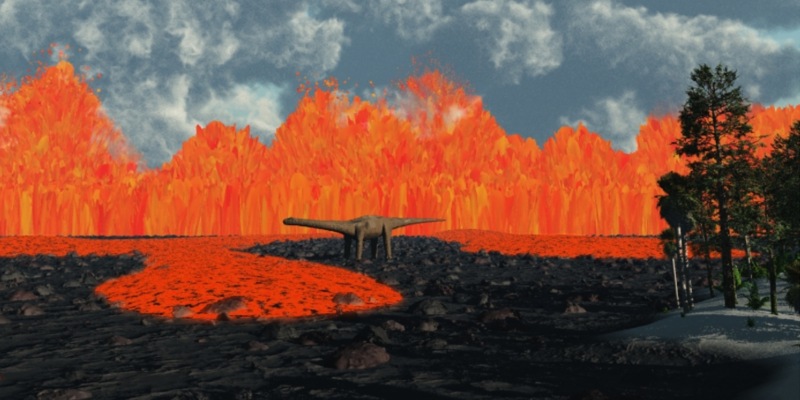
Drawing a ‘curtain of fire’ on dinosaur extinction theory?
Earth’s early history is likely to have been much less severe than previously thought, according to a study led by the University of Leeds. Asteroid impacts and long-lasting volcanic eruptions called continental flood basalts – the two most commonly cited possible causes of mass extinction events – would have propelled gas and dust into the atmosphere and altered climate for years. But, until now, the impact of years of sulphur dioxide emissions from continental flood basalts was unknown. In a study published online on 23 November in Nature Geoscience, researchers have provided for the first time a quantitative estimate of the degree and nature of the effects that such eruptions had on the Earth’s climate, vegetation and oceans.
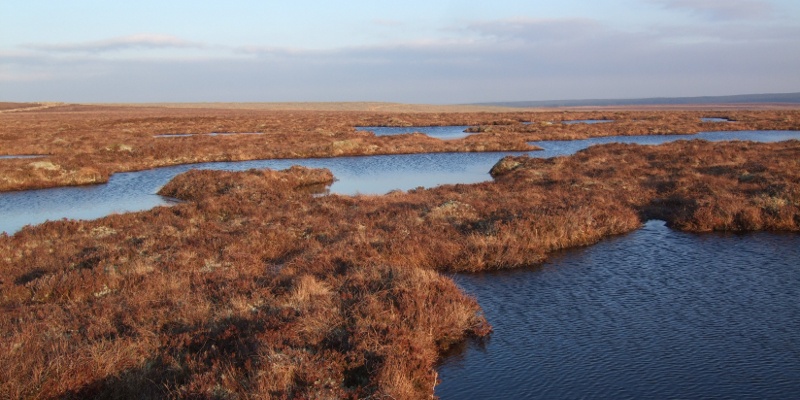
Peatland Code could significantly cut greenhouse gas emissions
A new Government-backed code has been launched that could slash UK carbon dioxide emissions by 220 million tonnes and protect rare wildlife by restoring moors, bogs and mires. The Peatland Code is unveiled at the World Forum for Natural Capital in Edinburgh on 23 November following a successful two-year trial, which has seen businesses fund peatland restoration projects in southwest England, the Lake District and Wales. The Code is based on research by academics at the University of Leeds and Birmingham City University, which revealed that sustainable business investment could reverse the degradation of peatlands and significantly cut greenhouse gas emissions.

Half of all Amazonian tree species may be globally threatened
More than half of all tree species in the world’s most diverse forest – the Amazon – may be globally threatened, according to a new study. But the study, published on Friday 20 November, in the journal Science Advances, also suggests that Amazonian parks, reserves and indigenous territories will protect most of the threatened species, if properly managed. The findings were announced by a research team comprising 158 researchers from 21 countries, led by Dr Hans ter Steege of Naturalis Biodiversity Center in the Netherlands and Dr Nigel Pitman of the Field Museum in Chicago, USA. The pan-Amazon RAINFOR network led by the University of Leeds contributed hundreds of forest monitoring plots to the effort

Talking Climate Change – WUN on the world stage at UNFCCC COP21
The world will gather in Paris in early December for the 21st Conference of Parties (COP21) to develop solutions to climate change and WUN will join them as an official observer organisation.

Unpaid carers save UK £132 billion a year – the cost of a second NHS
A new report jointly written by University of Leeds experts reveals that the 6.8 million people who provide unpaid care for loved ones in the UK save the state £132 billion a year. The report for the charity Carers UK, Valuing Carers 2015 – the rising value of carers’ support, is the third in a series looking at the value of carers’ support to the UK economy. It shows a staggering increase in the value of carers’ support since 2001, almost doubling from £68 billion to £132 billion. Researchers attribute this rise to a dramatic increase in the number of hours people are caring for, combined with an increase in the cost of replacement care.
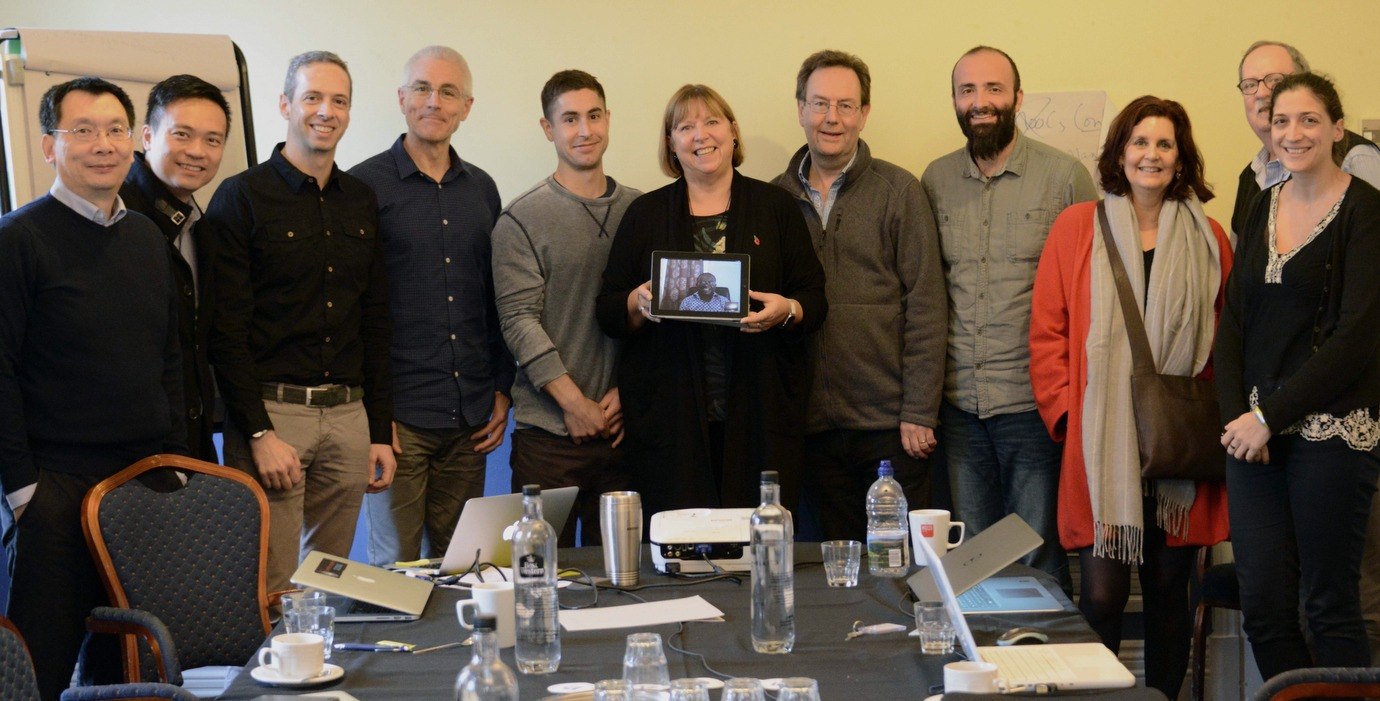
Inaugural Web Observatories Workshop Takes Place in Southampton
Much like the printing press, the invention of the world wide web has afforded us unprecedented opportunities for spreading information. Not only do we now have the capacity to share rich data sets online, we also have vast amounts of data about our online activity. However, without a proper framework in place, it is difficult to take full advantage of this rich information resource. There are currently multiple barriers to using this resource effectively, including accessibility of datasets, lack of comprehensive and shareable metadata, dataset identification and searching, access control and privileges, and analytics.
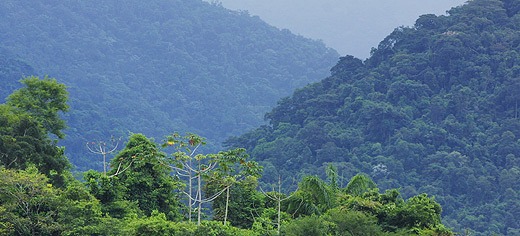
Increased deforestation and the Amazon basin rainfall
Researchers report that continued deforestation of the Amazon rainforest could diminish rainfall levels in the Amazon River basin, which may impact the region’s climate, ecosystems and economies.
A new study, published on Thursday 12 November in Geophysical Research Letters, predicts that by the middle of the century annual rainfall in the Amazon could be less than the yearly amount of rain the region receives during drought years if deforestation rates revert back to pre-2004 levels.
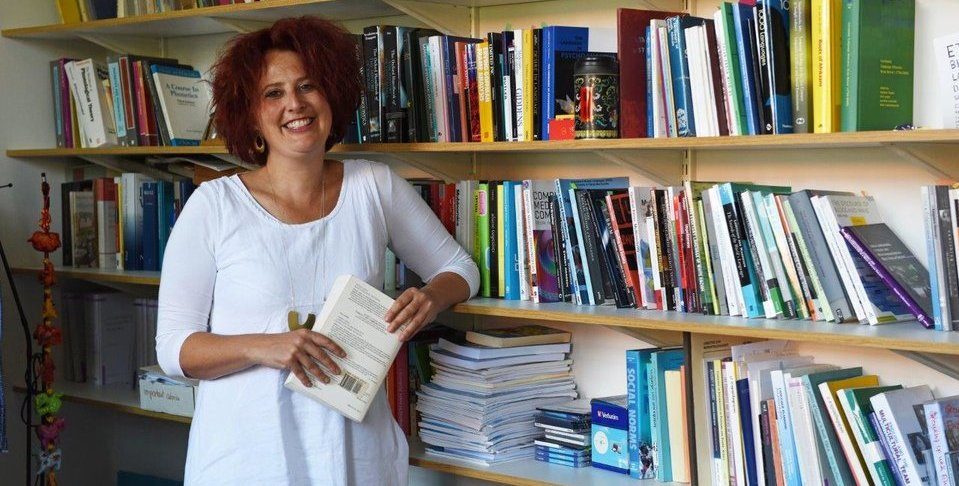
Understanding Globalisation: Margins and Peripheries
The local and the global have become entangled in rural and peri-urban areas, not only in South Africa, but around the world. And understanding these entanglements is the aim of the the WUN-sponsored project Understanding Globalisation – Margins and Peripheries. This project, led by Associate Professor Ana Deumert, seeks to study globalisation in the so-called margins of the world system: areas never before considered to be heavily affected by globalisation, but which are increasingly shaped by larger social and cultural processes.

20 Benefits of Collaboration You Cannot Afford to Ignore
The Worldwide Universities Network aims to foster international research collaborations to address global challenges. WUN is in a joint venture with Global Academy Jobs (GAJobs) that links researchers with top research universities to enhance career prospects. The article below was recently featured on the GAJobs blog. Scott Wavers writes about how to invest your time wisely as a researcher and how to collaborate well. In his blog post he outlines the top 20 benefits of collaboration for a researcher.